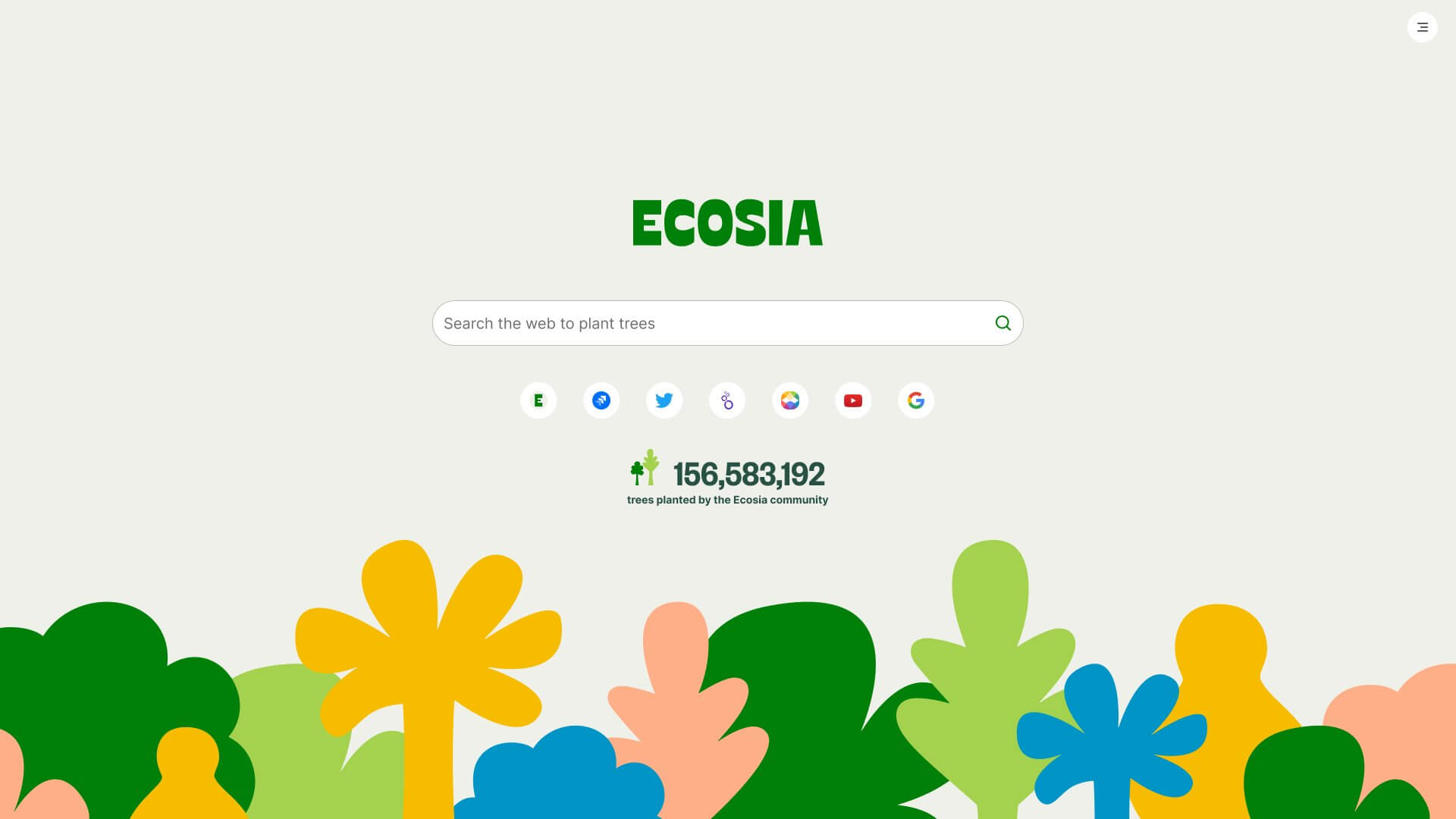- cross-posted to:
- technology@lemmy.world
- cross-posted to:
- technology@lemmy.world
From September 2023, we will be gradually rolling out our new unique search offer. This will happen over several months and won’t apply to everyone at the same time. This means that when you search through Ecosia, we work with either Microsoft Bing or, with your consent, Google to provide you with search results and ads. In order to do this, we automatically collect data required by search partners to prevent bot attacks and ad fraud - which includes your IP address and search terms.
For a growing number of users we can now provide Google results and advertisements. In order to supply these results and ads, Google requires a cookie to be set on your browser and access to your device’s local storage to store information. We will ask for your consent before doing this and if you do not agree, we will provide non-personalized results from Microsoft Bing.
In order to provide non-personalized Microsoft Bing results and ads, we are contractually obliged to implement Microsoft Clarity to capture how you use and interact with our website through behavioral metrics, as well as sharing your IP address and search terms. This behavioral data is captured in individual search sessions and is not tied to a user profile unless you consent. The processing of this data is necessary for the provision of our service. Although Ecosia does not use this information, it is used by Microsoft Bing for site and advertising optimization, as well as fraud protection. For more information about how Microsoft collects and uses your data, visit Microsoft’s privacy statement and Microsoft Clarity documentation.
Microsoft Bing does also offer personalized search results and ads. This service requires a cookie to be set on your browser which creates a personal profile. We will ask for your consent before enabling this and you can change your choice at any time in your cookie preferences. More information on cookies and how to take control of your preferences can be found in the “What about cookies?” section.



Why did you try a password longer than 71 chars?
See my response below your comment
Not him but I know people who use poems and quotes as passwords. Those can easily go for more than 71 characters because there’s a good reason to do it. It essentially guarantees a password that can’t be bruteforced without any additional information and it’s easier to remember than random symbols.
70+ may seem much but it’s good practice to have a password as long as possible, assuming you can remember it.
Could also be generating passwords and cranking that password length there to max.
Ding ding ding. I am moving to 100+ char passwords for sites that support it. There is absolutely no reason to ever have a maximum character limit for passwords, and it drives me insane that some sites still use asinine limits like 12 (!) character maximums.
I started with 20, then 40, and now 60 moving to 100+ or whatever the max is for websites. I have been hacked long ago and I’ve been the target of discrimination and personal attacks of many types before, so I’ve ratcheted up my security hard in the last decade.
deleted by creator
Never is a strong term; currently, in most cases. But another 5, 10, 20 years it might be completely different. If I can set up passwords that I don’t need to change until I’m dead*, vs scrambling because a new tactic has been found to crack passwords 50x as fast… why not go with the ‘once and done’ approach? Especially when it’s a slider inside a generator that takes a couple seconds to adjust.
*assuming no breaches or other situations yada yada some conditions may apply visit longasspasswords.netgovxyz for details
deleted by creator